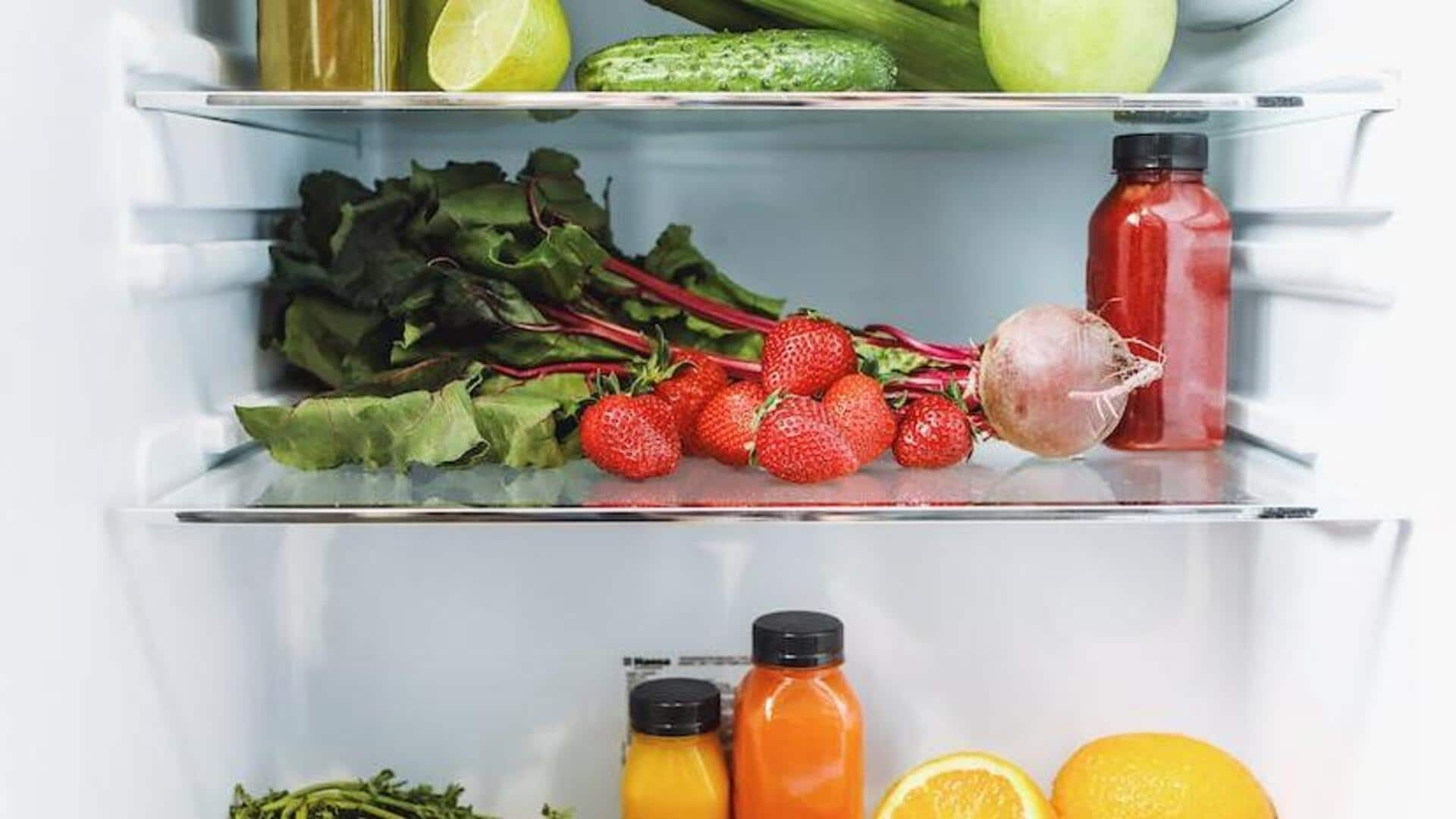
Here's why you should never refrigerate these foods
What's the story
Most of us store our daily-use groceries in the refrigerator to ensure their quality remains intact for a long period. However, certain foods are better left on the counter or pantry as they thrive more at room temperature. Here is a list featuring five such common ingredients that you may unknowingly stash inside your refrigerator but should not.
#1
Tomatoes
Yes, tomatoes are on this list! Wondering why? Well, these red fruits contain an enzyme that reacts to cold temperatures, causing them to appear and taste mushy. Additionally, the cold also breaks down the flavor-producing cells of tomatoes, making them less flavorful or outright tasteless in most cases. Even their texture goes for a toss as the cold temperature ruptures their cells.
#2
Avocados
Refrigerating avocados can slow down their ripening process, which makes them unfit for consumption. Not only that, the cold temperatures also mess up their texture, which may cause them to rot sooner. The best is to place them on the counter and let them ripen naturally. This will also ensure their quality, longevity, and delicious flavor.
#3
Bread
If you keep bread inside your refrigerator, it's time you stop doing that. According to experts, the cold temperature can cause the starch present in the bread to recrystallize, which makes it lose moisture and compromise its quality. Although it is still fit to be consumed, the bread may simply start staling at a faster rate inside the fridge.
#4
Potatoes
Many also store potatoes inside their refrigerator to maintain their quality. However, does it do the job? Long story short, no! The cold temperature inside your fridge can increase the sugar content in these vegetables, making them more likely to produce a carcinogenic substance when fried or roasted. It is highly recommended to store them in normal room temperature.
#5
Melons
Who doesn't enjoy cold watermelon, sun melon, and musk melon, right? However, it is not a good idea to store them in the fridge. If you look carefully, even supermarkets don't place melons on cold shelves. This is because refrigeration can cause early decay, leading to a decreased shelf life and loss of quality. Melons also lose their color and flavor in cold temperatures.